Author: Nathaniel Givens
-

The Expanse: Mormons in Space
The Expanse is an acclaimed novel series by Daniel Abraham and Ty Franck writing under the pen-name James S. A. Corey. The first novel, Leviathan Wakes, was released in 2011 and nominated for both the Hugo Award for Best Novel and the Locus Award for Best Science Fiction Novel. Abraham and Franck have released a book…
-
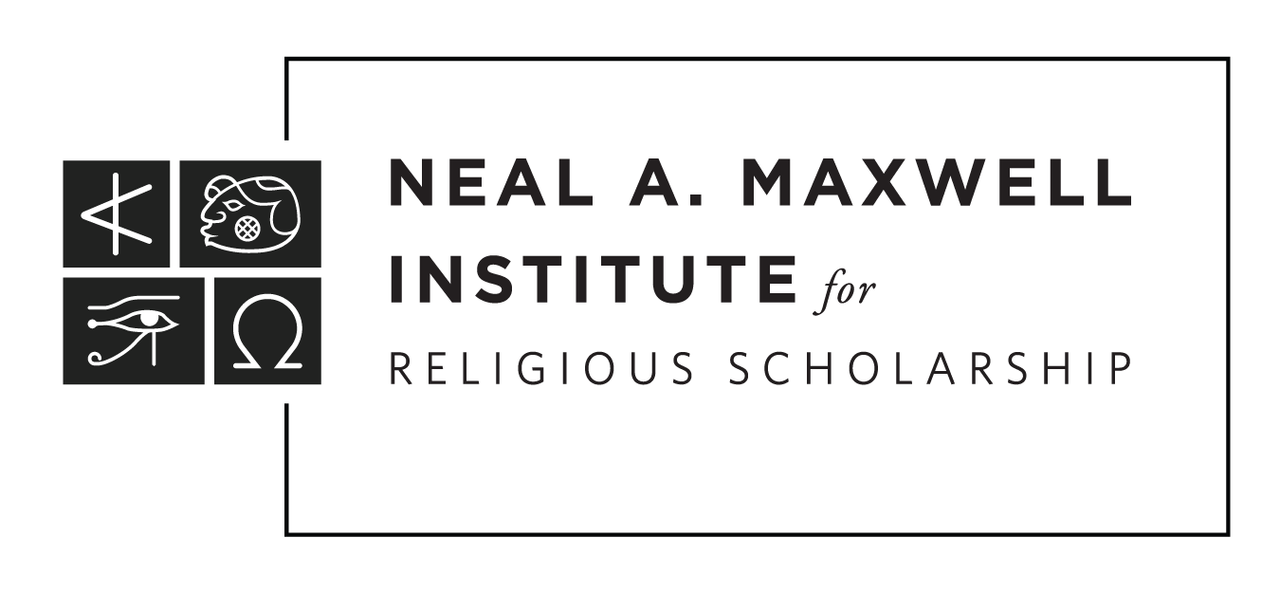
In Their Own Language
“For it shall come to pass in that day, that every man shall hear the fullness of the gospel in his own tongue, and in his own language.” D&C 90:11 Introduction This post begins with a simple question: does the Maxwell Institute (formerly FARMS) publish scholarship that treats the Book of Mormon as an ancient…
-

The Assurance of Love
About a week ago, I came across an interesting quote from a talk President Hinckley gave during the October 1981 General Conference (Faith: The Essence of True Religion). He quoted a journalist who had recently given a speech during which the journalist had said that “Certitude is the enemy of religion.” (I’d be fascinated to…
-

Every Scar is a Bridge to Someone’s Broken Heart
Perhaps we literally need to feel our own pain in order to feel the pain of others. From a scientific perspective: The ability to feel the pain of others is based on neurobiological processes which underlie pain experience in oneself. Using innovative methods, an international research team headed by psychologist Claus Lamm from the University…
-

Reading the Book of Mormon for the First Time Again
I read the Book of Mormon all the way through several times as a teenager. Between multiple readings and a knack for remembering anything that comes in the form of a story, by the time I was 19 I knew the Book of Mormon as well as any other 19 year old I met. Now…
-

“A woman is a woman no matter what, but manhood can be lost.”
The title of today’s post (“A woman is a woman no matter what, but manhood can be lost,”) is a quote comes from a long and interesting article from the Pacific Standard: Why Men Kill Themselves. There’s a lot that is interesting in the article, especially about some of the gender differences that lead to a much…
-

Introducing Meg Conley
I am excited to introduce Meg Conley as our newest guest-blogger here at Times and Seasons! Meg Conley is a freelance writer and blogger specializing in topics of womanhood and motherhood. Her website, megconley.com, is quickly becoming a nationally recognized platform for women’s issues and day to day inspiration. She has appeared on Good Morning America,…
-

Do Mormons Have a Duty to Vote?
You might think that this is a strange question, and that of course everyone has a duty to vote. That’s part of being a good citizen, isn’t it? Well, there’s a growing body of opinion that says this isn’t so. It all starts widespread agreement that voting doesn’t make a lot of sense from the…
-
Introducing Walker Wright
After citing him on multiple occasions here at Times and Seasons (for example here and here), I’m very pleased to announce that Walker Wright will be joining us for a guest blogging stint. Walker is an MBA student at the University of North Texas, and his primary interests are in the theology of work and…
-
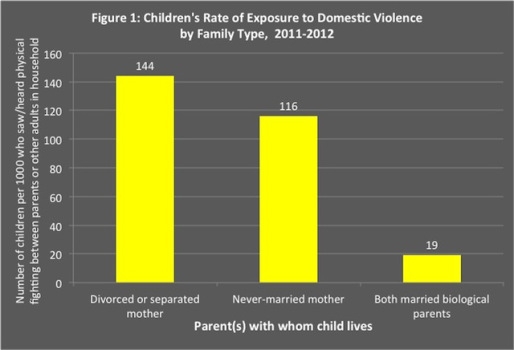
Privilege and the Family
In a post at By Common Consent over the weekend (What has two thumbs and doesn’t give a crap about the Family?), Rebecca J writes that “If I’m not currently standing up for the Family, it’s… really just that I don’t care enough about the Family. I don’t think I care at all.” She goes…
-

When Symbolism isn’t Symbolic
A few weeks ago I listened to an episode of This American Life with an unfortunate title: Batman.[1] The title, which really doesn’t set the right tone for the episode to follow, refers to Daniel Kish, a blind man who taught himself to echolocate as a child. He gets around the world relatively unaided (including, for example, riding…
-
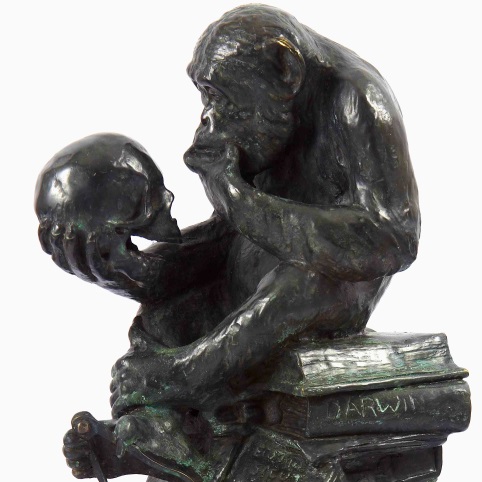
On Reading Scripture and Being Human
About three weeks ago, David Bokovoy wrote an interesting blog post on historicity in the scripture in which he argued that questions of historicity are unhelpful anachronisms that tend to miss the point of scripture: It’s important for modern readers of the Bible to recognize that biblical historians were not motivated to write their accounts…
-

Announcing the 2nd Annual Wheatley “Faith Seeking Understanding” Summer Seminar
The 2nd Annual Wheatley “Faith Seeking Understanding” Summer Seminar will be held from June 22 – July 10, 2015 under the direction of Professor Terryl Givens. Here’s the seminar description: What are the general contours of Christianity’s efforts to find a marriage of belief and intellect? Does Mormonism face the same challenges as the broader…
-

Reconciling Shame and Guilt
Last year was my first year teaching the Old Testament in Gospel Doctrine, and I benefited a ton from Ben Spackman’s Patheos blog. So I’m starting off this year by reading some of his recommended books for teaching the New Testament (list continues here and here). First up? Misreading the Scripture with Western Eyes: Removing…
-

Hypersensitivity and Trolls: A Codependent Dysfunction
Introduction My first posts at Times and Seasons were about epistemic humility, which is the awareness of the limits of knowledge. One of the common responses I got at the time was to ask how conviction was compatible with such an emphasis on uncertainty. The quote I led with (“The wise man doubts often, and…
-

When to Disobey
I’ve been having some interesting conversations about the high cost of membership in the Church. We believe, in general, that the cost of being a Mormon is high and that this is a good thing. Sacrifice leads to faith. We pour a lot of time and a lot of energy into the Church, and this…
-
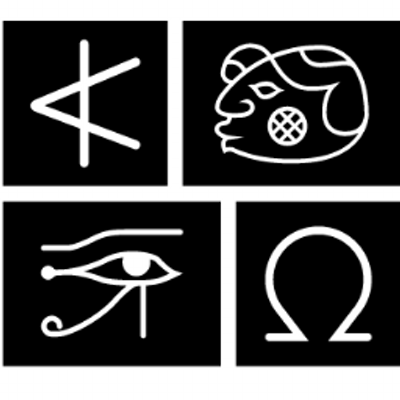
Announcing the BYU & Maxwell Institute 2015 Summer Seminar
UPDATED: The original version of this post didn’t include the link to the application form. That link was added on Dec 10, 2014. In the summer of 2015, the Neal A Maxwell Institute at Brigham Young University, with support from the Mormon Scholars Foundation, will sponsor a summer seminar for graduate students, CES educators, and…
-

I Need My Kids
Last month, my friend Betsy VanDenBerghe wrote a piece for Real Clear Religion inspired alternately by Pope Francis and the Coen brothers’ 1987 comedy Raising Arizona about Why Children Are Better Than Pets. Her central question was: What would a society of adults skewed toward childlessness, like the perpetually barren Time magazine beach couple, look and act…
-

Our Prayers and God’s Messy Plans
I taught lesson 35 today, which covers Amos and Joel. As usual, I benefitted a great deal from Ben Spackman’s Patheos posts, and in particular his discussion of Amos 3:6 and Amos 3:7. The latter, of course, is the famous scripture we all learn in seminary: “Surely the Lord God will do nothing, but he…
-

Magic and Mechanisms
In her talk “The Evolutionary Roots of Religious Adaptation” for the Mormon Transhumanist Association, Chelsea Strayer hit on one of the fundamental sources of tension between devout and academic perspectives on faith: the distinction between process and purpose. She gave the example of evolution, emphasizing that when she teaches evolution it is fundamentally a discussion…
-

Temple and Observatory Group Event in Minnesota
The Temple and Observatory Group, which has sponsored other events in Utah, Virginia and New York, is offering a seminar for those in the midst of a faith transition or crisis in the Minnesota area. The event features Terryl and Fiona Givens and Spencer Fluhman. Come listen to the three speak about negotiating LDS history,…
-
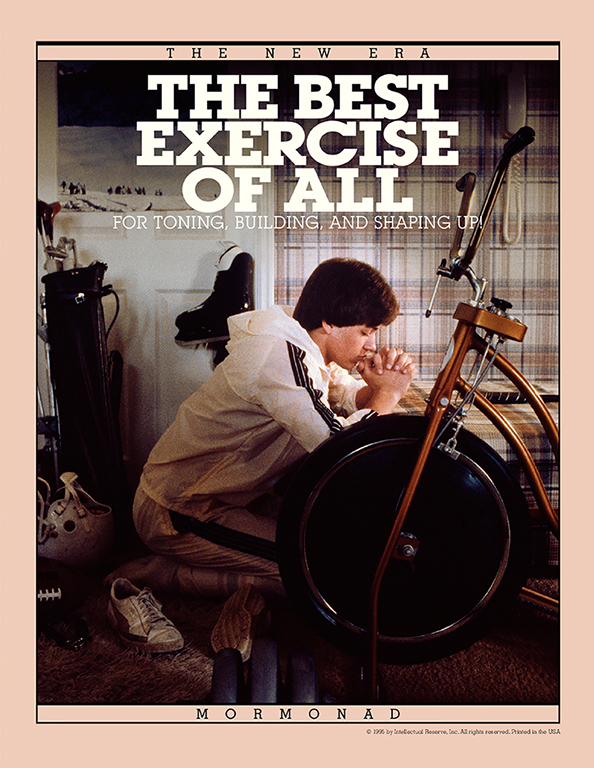
My Experiment with Five Minute Prayers
For the last couple of weeks, I’ve been setting a timer every time I say my evening prayers. This might sound like an absolutely terrible idea and, in some ways I guess it is. So before I tell you how that has worked out for me, let me explain why I would even consider such…
-
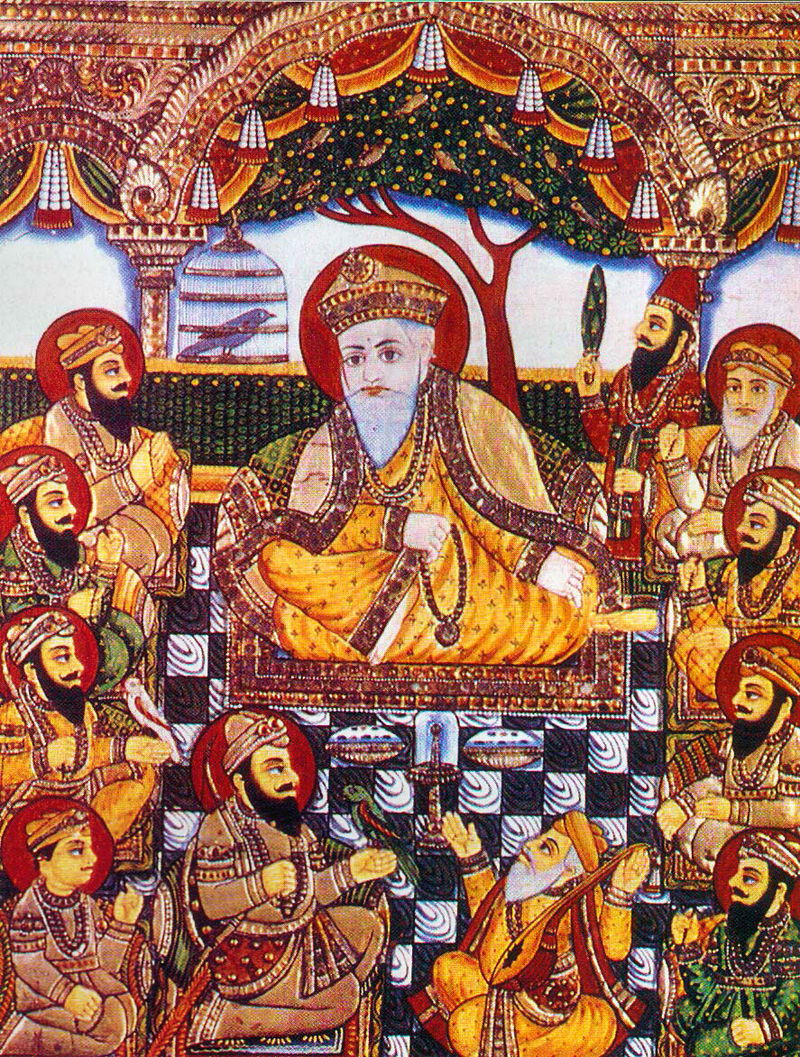
Truth and Contradiction in Religious Communities
A couple of weeks ago I listened to the audiobook of Sikhism: A Very Short Introduction. As that was the first thing I’ve read on the topic (other than a multitude of Wikipedia entries) I by no means consider myself some kind of expert, but I was struck by several parallels and differences between Sikhism…
-
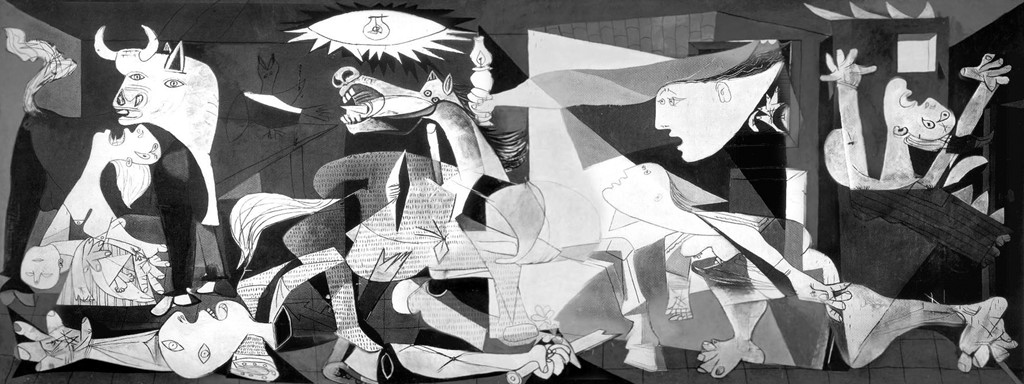
We Are Made to Suffer
In centuries gone by the best you could hope for in the case of an aching tooth would be that someone would yank it out, but thanks to modern medicine we can detect cavities and fill them before they start to cause any pain at all. Of course, the drilling of the tooth itself is…
-
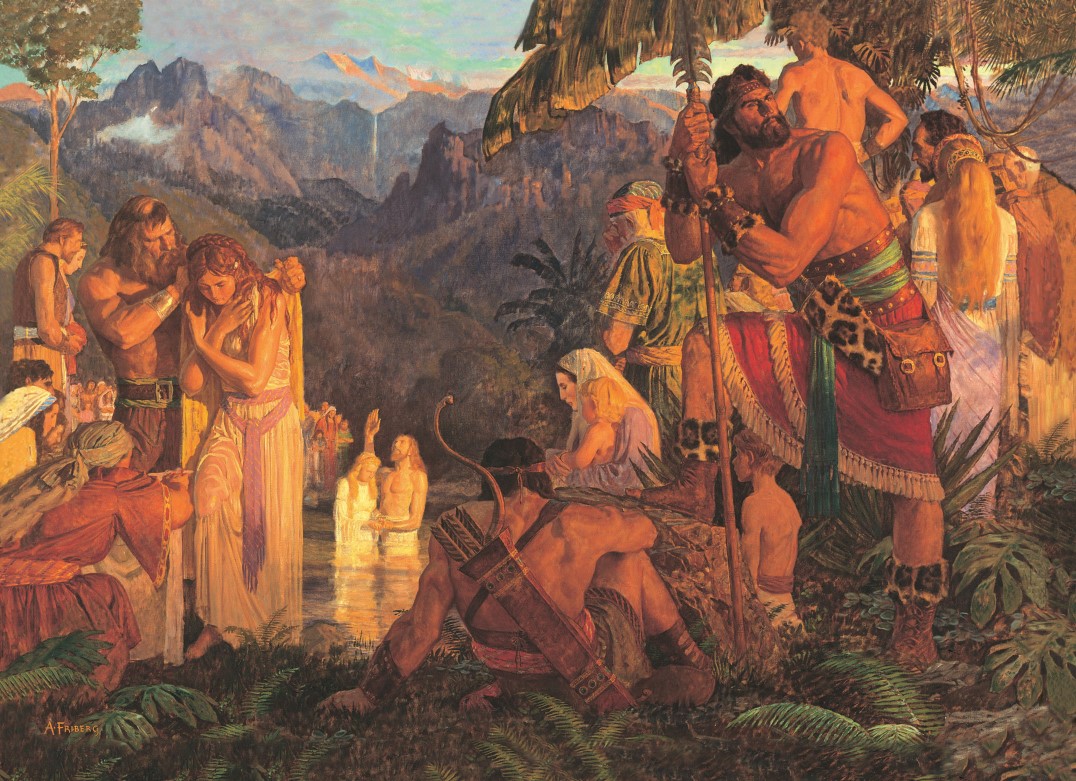
Comfort Those That Stand in Need
Behold, here are the waters of Mormon and now, as ye are desirous to come into the fold of God, and to be called his people, and are willing to bear one another’s burdens, that they may be light; Yea, and are willing to mourn with those that mourn; yea, and comfort those that stand…
-
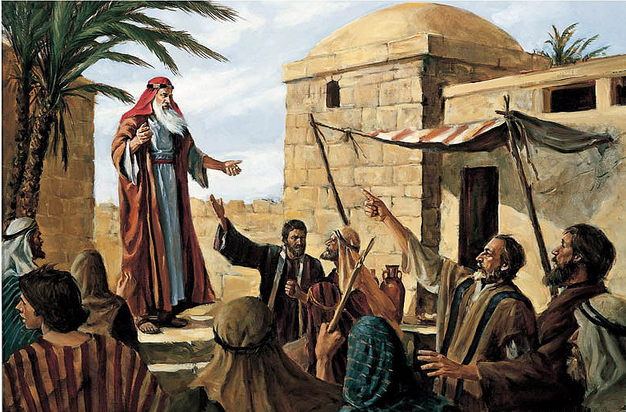
Scriptural Meanderings
Last week I started reading the Book of Mormon again from the beginning. The first day, I made it through 1 Nephi 1. The second day, I made it through 1 Nephi 2:1. For behold, it came to pass that the Lord spake unto my father, yea, even in a dream, and said unto him:…
-
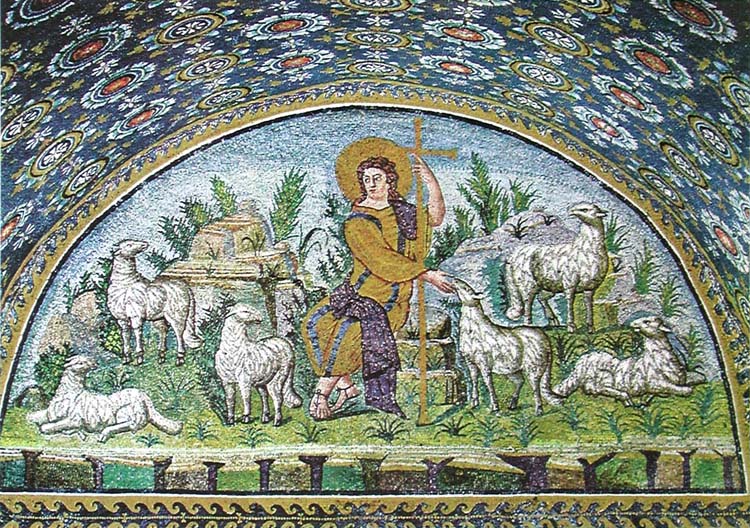
False Choices and Fence Holes
It is very common in the Bloggernaccle to talk about an exodus of members from the Church. These members are usually described as a cohesive demographic. The two examples I’ve seen most frequently are (1) young Millennials who are disillusioned by the discrepancy between real history and CES whitewashing and (2) good women whose contributions…
-
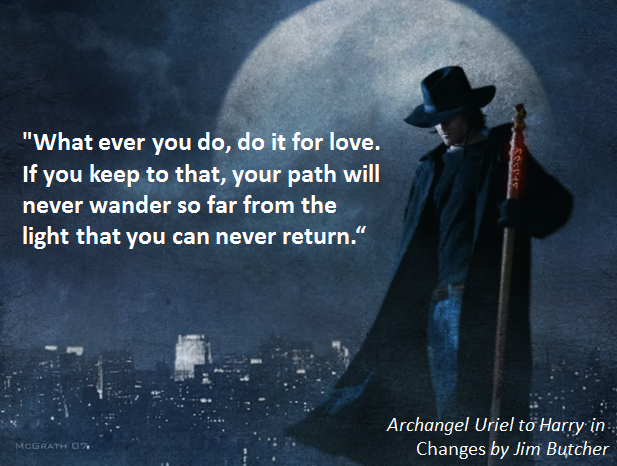
Should I Stay Or Should I Go?
This post is a follow up to my two previous posts As Much As I Know Anything and What It Would Take To Not Believe. I have to start out by clarifying something that I didn’t define well enough in a previous post. I made the statement that we cannot not believe, but that depends…
-
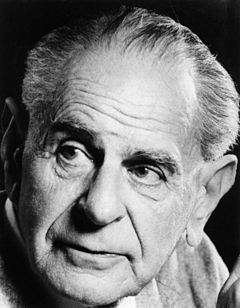
What It Would Take to Not Believe
There was one question in response to my last post that I particularly wanted to answer, but wasn’t able to at the time. This is the question, which was posed by Sebastian Dick: “What would it take to convince you that (in as much as you know anything) propositions such as God exists or the…
-
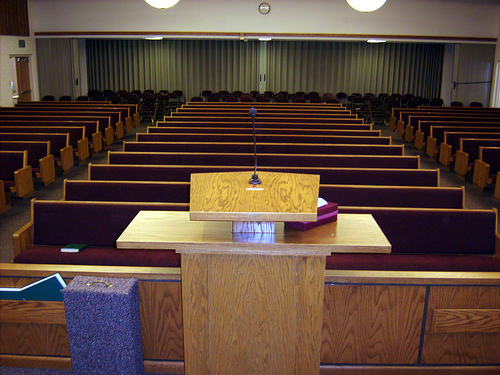
As Much As I Know Anything
“Out of curiosity, what makes you believe in Mormonism? Or God for that matter?” This is a question I got from a close friend, more or less out of the blue, the Wednesday before last in a Facebook conversation that had been—up to that point—mostly about how much I love Jim Butcher’s Dresden Files. It’s…
